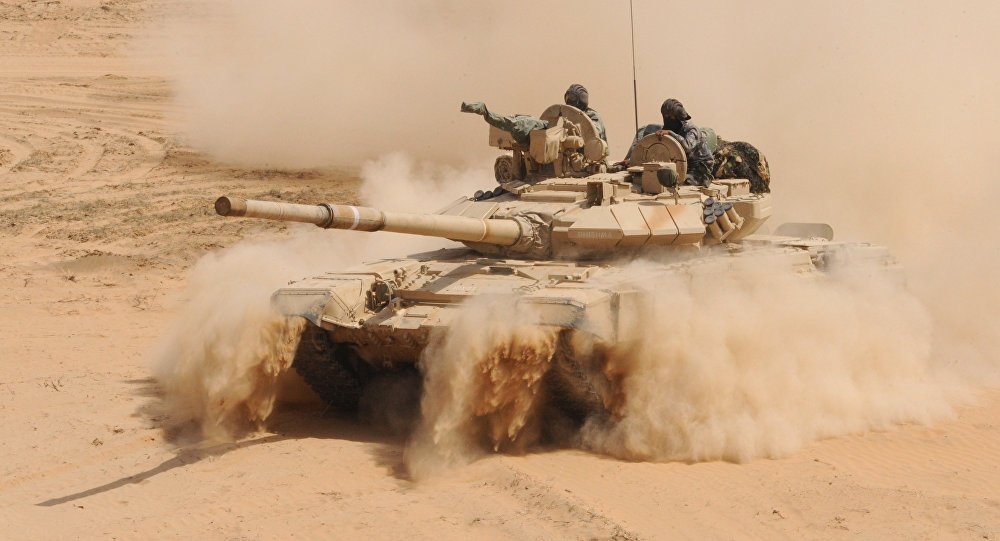Syria declares truce before Trump-Putin talks
The Syrian army Monday July 3 suddenly declared a ceasefire in the fierce fighting with rebel forces in the southern districts on the Israeli and Jordanian borders.
This was just one of three unexpected events occurring in this embattled part of Syria in the last 24 hours:
1. The ceasefire Damascus said would be in force up until Wednesday, July 6 covers all the active battlefronts in the South: Daraa just 1 km from the Jordanian border: Quneitra – from which Syrian military mortars flew across into the Golan all last week; and Suwaydeh which lies east of Daraa.
Oddly enough, the ceasefire was not announced until Monday afternoon, although it went into effect Sunday midnight without notice. According to our sources, the Russians most likely had to twist President Bashar Assad’s arm to overcome his refusal to order his army to stop fighting. And then too he would only accept a four-day pause before resuming combat.
2. The announcement coincided with a meeting of Russian, Turkish and Iranian diplomats in the Kazakh capital of Astana to discuss the carving out of four de-escalation zones in Syria, one of which is southern Syria, where the ceasefire went into force.
3. debkafile’s military and intelligence sources reveal that this step is the first visible sign of an initial understanding reached by American and Russian officers in secret talks Saturday, July 1, in Amman. They discussed the ceasefire in the South for paving the way for establishing a demilitarized zone in eastern Syria.
According to our sources, their understanding covered a 128km strip running from Tabqa in the north up to Karama in the Euphrates River valley. It is not yet clear whether the Syrian army and the pro-Iranian Iraqi and Hizballah forces fighting there will agree to halt their advance on the Syrian-Iraqi border, in compliance with the Russian-US understanding.
The picture beginning to unfold is that Washington and Moscow are making an effort to put in place the outline of a plan for deconfliction zones, in time for the first Trump-Putin encounter that is scheduled for later this week on the sidelines of the G20 summit in Hamburg.
However, the two presidents may find pushing hard against them are Iran’s Ayatollah Ali Khamenei, President Assad and Al Qods chief Gen. Qassem Soleimani, commander of Iran’s Syrian and Iraqi fronts. This trio is in full momentum of an offensive to seize this prized, bitterly-contested border region of Syria, and convinced that the tide of this offensive is rolling in their favor.


